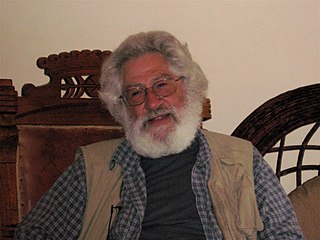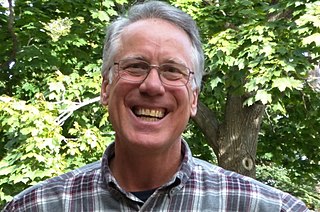A Quote by Jared Diamond
Perhaps our greatest distinction as a species is our capacity, unique among animals, to make counter-evolutionary choices.
Related Quotes
In this life we have to make many choices. Some are very important choices. Some are not. Many of our choices are between good and evil. The choices we make, however, determine to a large extent our happiness or our unhappiness, because we have to live with the consequences of our choices. Making perfect choices all of the time is not possible. It just doesn't happen. But it is possible to make good choices we can live with and grow from.
So far as this argument is concerned nonhuman animals and infants and retarded humans are in the same category; and if we use this argument to justify experiments on nonhuman animals we have to ask ourselves whether we are also prepared to allow experiments on human infants and retarded adults; and if we make a distinction between animals and these humans, on what basis can we do it, other than a bare-faced - and morally indefensible - preference for members of our own species?
We humans are in such a strange position—we are still animals whose behavior reflects that of our ancestors, yet we are unique—unlike any other animal on earth. Our distinctiveness separates us and makes it easy to forget where we came from. Perhaps dogs help us remember the depth of our roots, reminding us—the animals at the other end of the leash—that we may be special, but we are not alone. No wonder we call them our best friends.
Atoms are weird stuff, behaving like active agents rather than inert substances. They make unpredictable choices between alternative possibilities according to the laws of quantum mechanics. It appears that mind, as manifested by the capacity to make choices, is to some extent inherent in every atom. The universe is also weird, with its laws of nature that make it hospitable to the growth of mind. I do not make any clear distinction between mind and God. God is what mind becomes when it passes beyond the scale of our comprehension.
My aim is to advocate that we make this mental switch in respect of our attitudes and practices towards a very large group of beings: members of species other than our own - or, as we popularly though misleadingly call them, animals. In other words, I am urging that we extend to other species the basic principle of equality that most of us recognize should be extended to all members of our own species.
The Great Story of our immense journey contains crucial lessons for guiding humanity safely through the dangers and confusions evident today. This grand epic will propel us forward in a spirit of expectant curiosity. We will place our trust not only in the Whole but also in our own species' capacity to serve as the vessel through which the evolutionary impulse is most active at this time.
It must be stressed that there is nothing insulting about looking at people as animals. We are animals, after all. Homo sapiens is a species of primate, a biological phenomenon dominated by biological rules, like any other species. Human nature is no more than one particular kind of animal nature. Agreed, the human species is an extraordinary animal; but all other species are also extraordinary animals, each in their own way, and the scientific man-watcher can bring many fresh insights to the study of human affairs if he can retain this basic attitude of evolutionary humility.
An unhurried mind brings the capacity to make wise choices every day - choices of how we use our time, of where we place our resources and our love. I am not just talking about avoiding the rat race, but about a life full of an artistic beauty - a life that has almost vanished from modern civilization, but is quite within the reach of everyone.

































